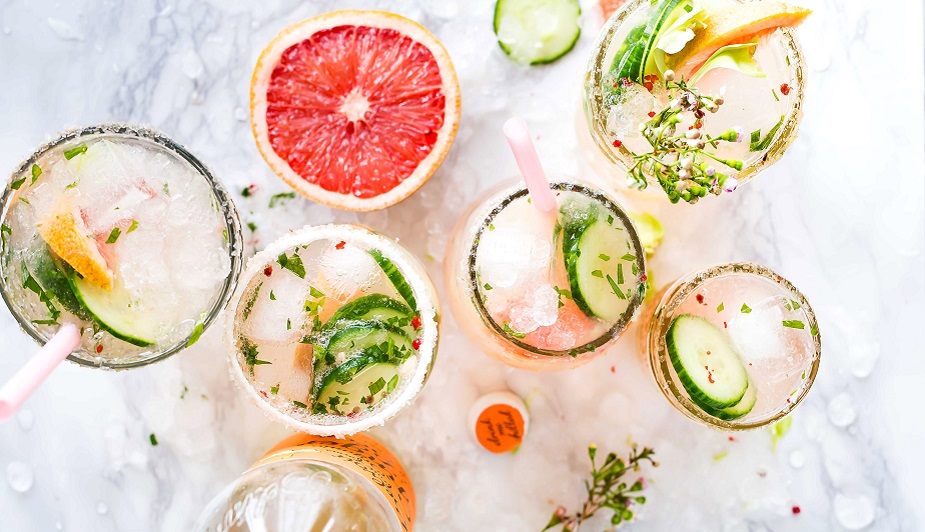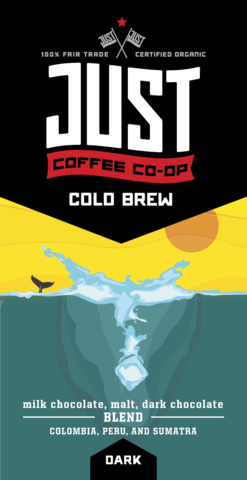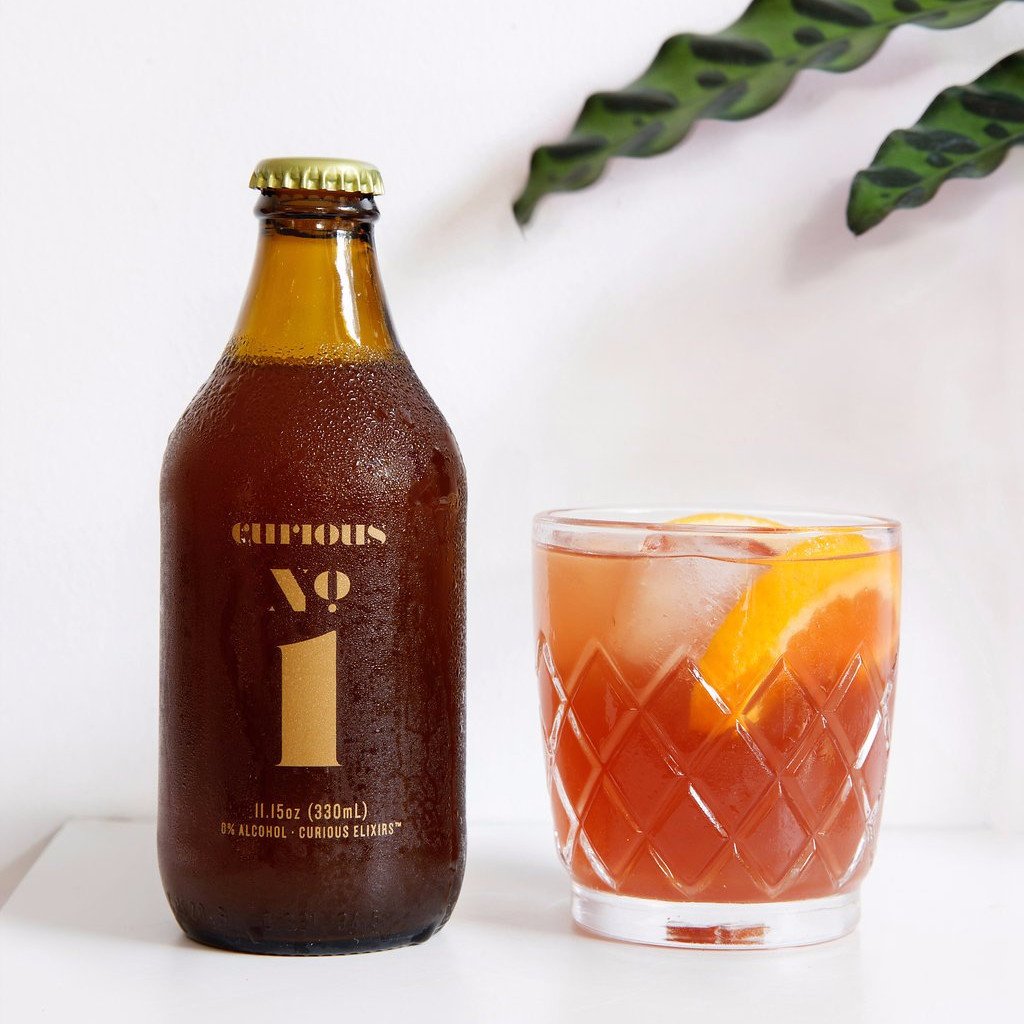
Today’s beverage industry is one of our most consistently bleeding-edge, dynamic, and valuable markets. The sales figures, relentless advertising, and phenomenal slew of new product development (NPD) hitting our shelves points to a world seemingly awash with emergent booze brands. But could 2017 be the first year we see a Dry December and festive period stealing a march on Dry January? According to the UK Office for National Statistics, the proportion of 16-24-year-olds abstaining from alcohol – dubbed “Generation Abstemious” – increased by 40% between 2005 and 2014. Moderation is, in fact, increasingly on trend across the age board with one in three in London, and over 20% nationally, claiming to now be teetotal. As this is their current and future consumer, beverage brands should not ignore the massive cultural change that is now taking place – or their role in inspiring a new generation of (non) drinkers.
In our over-saturated, hyper-connected, and highly optimized world, we are now exposed to endless opportunities, and want more from our lives and lifestyles than ever before. Why we now choose not to drink is just as multifaceted as why we do…our new-found abstinence is not so much a backlash against alcohol itself, but a result of the major lifestyle shift that has seen us interrogate alcohol’s role in our lives with new health changes and drinking traditions coming into play.
We believe that if beverage brands can recognize these new cultural drivers and translate them into opportunities for growth and development, then they will create a more resonant and relevant future for their brands and the beverage industry, overall.
1. Austerity
For a younger generation coming of age during and after the recession, alcohol felt like an increasingly challenging luxury. Now, with huge cultural and lifestyle shifts also influencing them, Millennials are limiting how much they drink when they are out, drinking at home, or skipping alcohol altogether as they look for  alternative – and affordable – experiences.
alternative – and affordable – experiences.
The opportunity: Rethink the format.
Brands need to find ways to open up their worlds and design new, more accessible and inclusive formats that extend beyond the bar with kits, delivery options, and inspirational recipes that consumers can put their own unique spin on at home or in other environments.
Cold brew coffee has been big news for a while with cold brew kits, flasks, and jugs soaring in popularity. Now, new and dedicated cold brew blends such as Just Coffee Cooperative’s – which promises “hints of malt, milk and dark chocolate” – are helping consumers hone their home brewing expertise while offering up new taste sensations.
2. New traditions
Today, we are spoilt for choice – from the rise of the third space in the form of coffee shops and lifestyle gyms, to new social platforms and dating apps. As a result, the unique cultural value of the bar and club as a place to form and find your community has greatly diminished. Consumers are seeking new spaces and traditions that offer more unique, tailored, and diverse experiences that feed them with a sense of challenge, change, and discovery.
The opportunity: Rethink the occasion.
Brands should find new ways to innovate with drink offers and nightlife platforms that have the ability to flex across multiple occasions and moods. Importantly, these new occasions need to enable a sense of (re)discovery, using evocative storytelling to unlock the sensorial elements of a brand, to attract consumers and keep them coming back to discover more.
London’s Redemption Bar, opening in NYC later this year, serves up vegan, sugar-free, and wheat-free food with an alcohol-free bar and a strapline inviting you to “Spoil yourself without spoiling yourself.”
3. Control
Many drinkers are opting for low or no alcohol as a broader sign of non-conformity, proudly showing their status as an outsider rather than embarrassed by their inability or reluctance to partake.
The opportunity: Rethink the culture.
Brands should design an entirely new language around their products, distinguishing themselves not as a substitute or “less-than alternative,” but rather a fully-fledged expression in their own right. The opportunity lies in creating a drink – or drinks category – that can inspire with intrigue, enticing consumers’ hunger for novel flavor and drinking experiences with a new scope of benefits.
#ShakenNotSlurred – Curious Elixirs are booze-free, organic beverages inspired by craft cocktails that offer a refreshing way to drink differently.

4. Optimised health
As our lifestyles become more health-conscious, sober is the new drunk and we are radically changing our approach to how we engage with traditional nightlife concepts. Juice crawls, yoga dance parties, and pre-dawn sober raves provide highly trendy natural highs fueled by a powerful sense of community, caffeine, and superfoods.
The opportunity: Rethink the benefit.
Brands should position themselves as part of a larger health movement and create new drink options that offer both ultimate health benefits and innovative taste sensations. In doing so, they need to provide a true sense of delicious indulgence, occasion, and experience for a new generation of pleasure seekers.
UK bar, Tonic & Remedy, pays homage to the apothecary by specializing in a selection of herbal liqueurs to revitalise and rejuvenate the body, embracing the desire for a new drinking occasion, benefit, and healthy indulgence.
We know that the all-important Millennial audience – and Gen Z on its tails – is looking for change and brands to do that with, and for, them.
Brands need to challenge the previous boundaries of the beverage category – and rethink their own offers – to open up their worlds, inspire desire with unique products, create a new sense of discovery, and be bold about their differences. Above all, changing our expectations with new formats, experiences, narratives, and occasions that tap into the mindset of a newly discerning and increasingly influential (non) drinking generation.
Cover image source: Brooke Lark